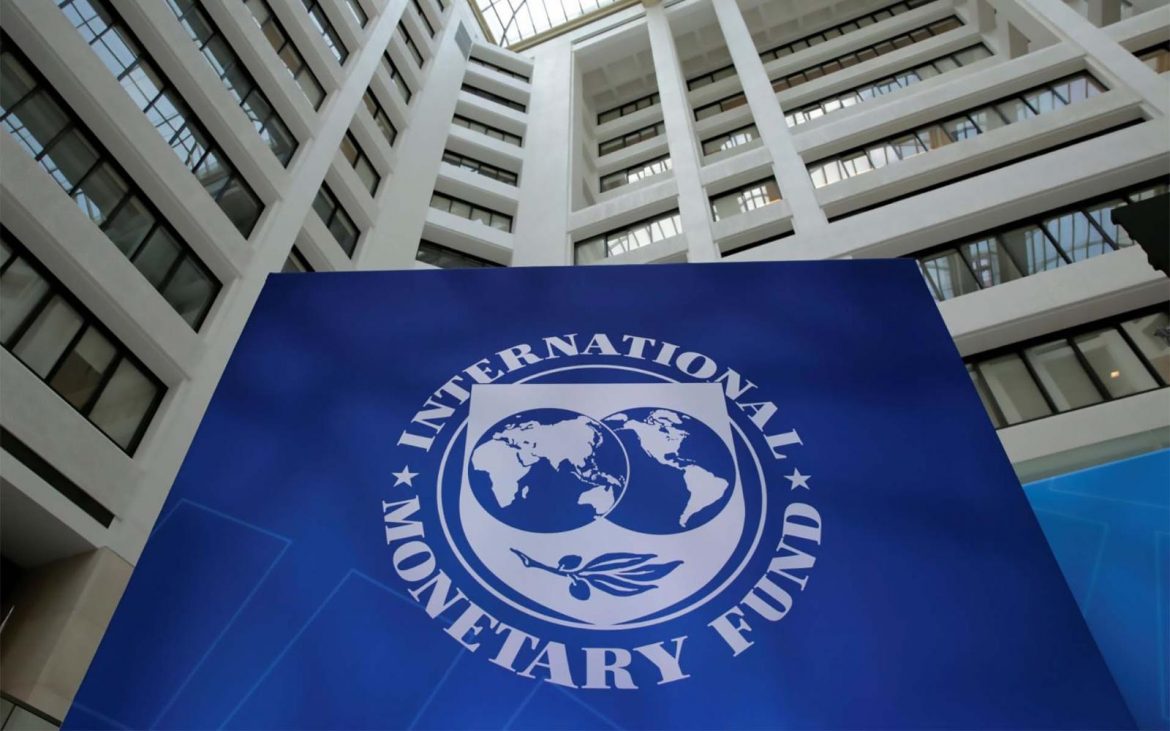633
Daniel Adaji
Despite receiving over $8bn in loans and grants from international lenders and donors between 2019 and 2025 to tackle poverty, millions of Nigerians continue to sink deeper into hardship.
This is according to data reviewed from the World Bank, International Monetary Fund( IMF), Japan International Cooperation Agency (JICA), and bilateral donor programmes.
The loans and grants were targeted at cash transfers, food security, women’s empowerment, and post-COVID-19 recovery. For instance, the World Bank provided $800m for the National Social Safety Net Programme (NASSP-SU), $750m under the Nigeria COVID-19 Action Recovery and Economic Stimulus (NG-CARES), and another $2.25bn for revenue reforms tied to temporary cash support after subsidy removal. In addition, the IMF disbursed $3.4bn through its Rapid Financing Instrument in 2020, while Japan’s JICA signed a ¥15bn ($97m) loan for food security in 2024.
Other bilateral support included the UK’s £56.5m Child Development Grant Programme, Germany’s €16.8m social protection fund, and humanitarian cash-based interventions funded by Canada, Switzerland, and the EU.
Yet, both international and domestic reports reveal that poverty has worsened. The World Bank’s April 2025 Poverty and Equity Brief estimated that 41% of Nigerians live below the poverty line of USD1.90, while the National Bureau of Statistics (NBS) put the figure at 42%.
The NBS further revealed that at least 63% (133 million) of the Nigerian population are multidimensionally poor.
The removal of petrol subsidies in May 2023 worsened the situation. Fuel prices surged from N185 per litre to over N1,000, inflating transportation costs by more than 200% and driving food inflation to 29.3%. Within six months, the World Bank said, ‘7.1 million Nigerians fell into poverty.”
From across the country, accounts from citizens paint a grim picture. Urban workers like cleaners and clerks survive on meagre wages that vanish on transport fares, while many sleep in office basements to cut costs. In rural areas, displaced farmers lament Boko Haram attacks, flooding, and banditry that destroyed farmlands.
In Lagos State, aged groups like Sam Akpan now resort to a N15,000 monthly job and night guard work for N20,000 to meet the family demands.
In his late 50s, Akpan looked exhausted from both day and night labour.
”My son, the situation is not good at all. Wth a N35,000 cumulative income for the month, I find it difficult to cater to my family’s needs. Getting healthcare is even out of it because, I can’t afford it.
”In addition to the menial jobs, I also farm what my family eats – this provided respite from the scourging heat of food inflation in the country, but I am also exhausted from the day’s labour,” he said.
In Suleja, Niger State, Daniel Ameh lamented the death of his father due to a lack of money to provide adequate medical care. The father who passed away a few days ago, was diagnosed with high blood pressure and was “poorly managed due to the family’s inability to take him to a higher hospital for treatment.”
In Abuja, employees sleep in basements of offices, shops and even in makeshift apartments by the roadsides to cut the cost of transportation and accommodation.
Excel Eze, a young man in his late 20s, narrated his ordeal.
”I stay with my friend in his barbershop because I couldn’t renew my house rent after it expired last year. I learnt barbing and worked with someone in the Bwari Area Council, but the situation is tough. Sometimes, I ask for arms or food to survive for days I don’t have enough patronage or exhausted what I have,” he said.
President Bola Tinubu’s administration rolled out palliatives worth N4.3tn, including food distribution, N35,000 wage awards for federal workers, CNG buses, and agricultural boosts. States also received N5bn each for food procurement.
However, labour unions argue that the interventions have not reached citizens.
Analysts insist that poverty reduction will require more than cash transfers. Tackling insecurity in rural areas, subsidizing social services in urban centres, and driving industrialization are key recommendations.
Tobi Awolope, a Welfare and Food Economist at the University of Agriculture, Abeokuta, blamed inconsistent government policies that change with every administration, leaving past initiatives abandoned without proper evaluation.
“Current economic conditions are negatively affecting Nigerian households. And government policies, instead of improving the situation, are often inconsistent and unhelpful,” Awolope said.
She explained that climate change has worsened the crisis. Farm yields are falling, while most farmers cannot afford climate-smart practices.
“Farmers depend heavily on traditional methods, and input prices—like seeds and fertilizer—are too high. This reduces productivity, profitability, and household income,” she noted.
According to her, sustainable practices such as irrigation and all-year farming are urgently needed to stabilize production and food prices.
“Last year, there was an increase in the price of maize, but this year, the price has dropped due to gluts, and farmers now face losses. Such fluctuations create instability in both food supply and prices,” she said.
Public Policy Enthusiast, Femi Oladele, also called for stronger social protection measures.
“We need extensive social protection programmes, especially in rural areas. Programmes that truly use the National Social Register, not politicised programmes,” Oladele said.



